The MVME761 transition module provides industry-standard connector access to the IEEE 1284 parallel port, a
10BaseT or 100BaseT port via an RJ-45 connector, two DB-9 connectors providing access to the asynchronous serial
ports confi gured as EIA-574 DTE and two HD-26 connectors providing access to the sync/async serial ports. These
serial ports, labeled as Serial 3 and Serial 4 on the faceplate of the MVME761, are individually user-confi gurable
as EIA-232, EIA-530, V.35, or X.21 DCE or DTE via the installation of Motorola Serial Interface Modules (SIMs). A P2
adapter board provides interface signals to the MVME761 transition module. Two separate P2 adapter boards are
available: one for 3-row backplanes and one for 5-row backplanes. The 3-row P2 adapter board provides connection
for 8-bit SCSI. A 5-row P2 adapter board supports 16-bit SCSI and PMC I/O.
The MVME712M transition module provides industry-standard connector access to the Centronics parallel port, a
narrow SCSI port, and four DB-25 connectors providing access to the asynchronous/synchronous serial ports jumper
confi gurable as EIA-232 DCE or DTE. A P2 adapter board provides interface signals to the MVME712M transition
module. The 3-row P2 adapter board also provides connection for 8-bit SCSI. To gain access to the additional userdefi nable I/O pins provided via the 5-row VME64 extension connector, a special P2 adapter board is available. This
adapter panel replaces the traditional 3-row P2 adapter board and extends its capability by providing access to the
PMC I/O pins.
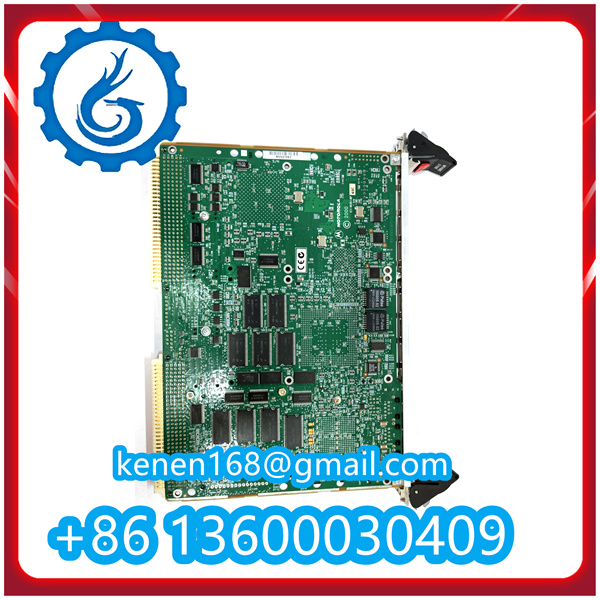
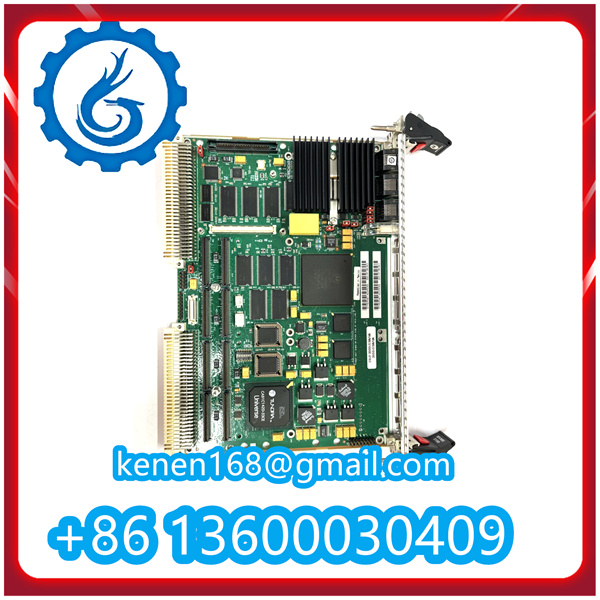
Motorola Built-In Test (MBIT) is an off-the-shelf software infrastructure designed to verify the correct operation
of Motorola hardware and enable the incorporation of system level diagnostics. A comprehensive User Manual
with software development guidelines is provided on MBIT’s CD-ROM. Two versions of MBIT are available and are
compatible with Wind River Systems Tornado 2.1.
Board-level MBIT is a comprehensive diagnostic software package designed to verify the performance of board
mounted logic devices. All tests can execute at boot-up and selected tests can run continuously in the background
of user applications. An API is included to provide access to test results and to modify and control the operation of
device tests.
System-level MBIT includes all functionality and API function calls of the board level version and enables system-wide
testing. System Level MBIT provides a framework and additional API function calls to support the inclusion of software
designed to test custom hardware and/or system components.
MVME51005E-0163 MOTOROLA pdf
·······································································································



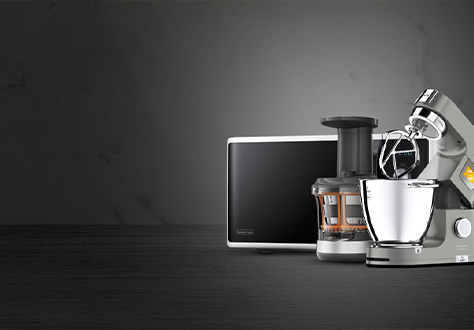
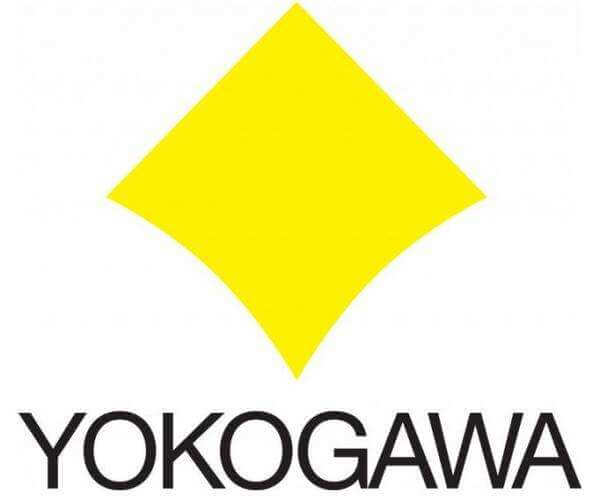





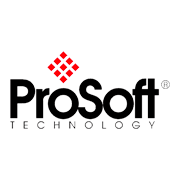

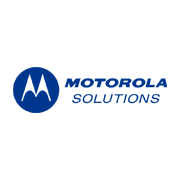




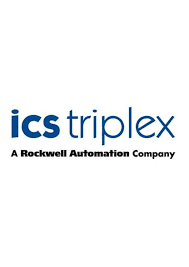

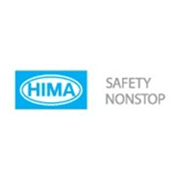




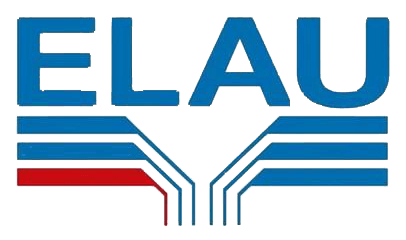





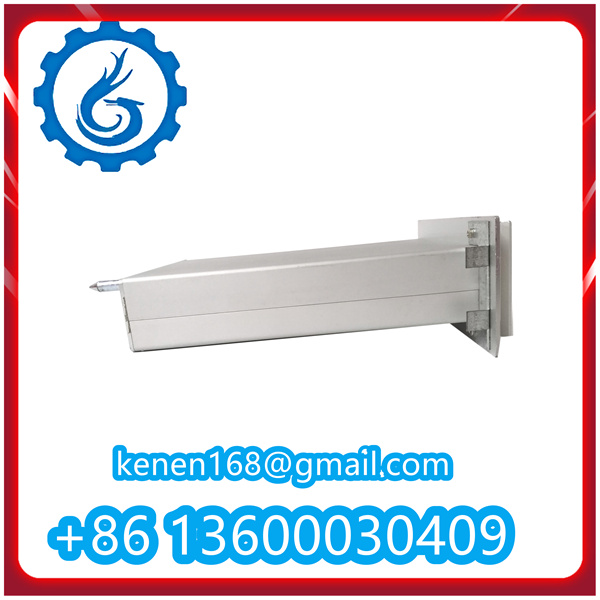
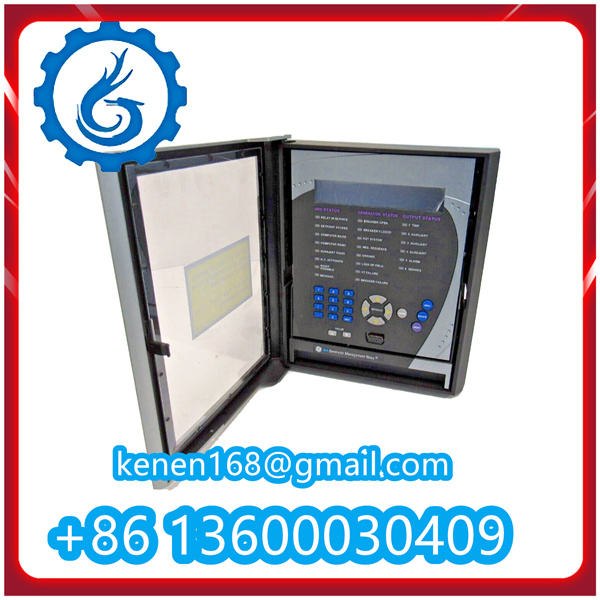
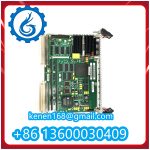
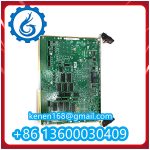

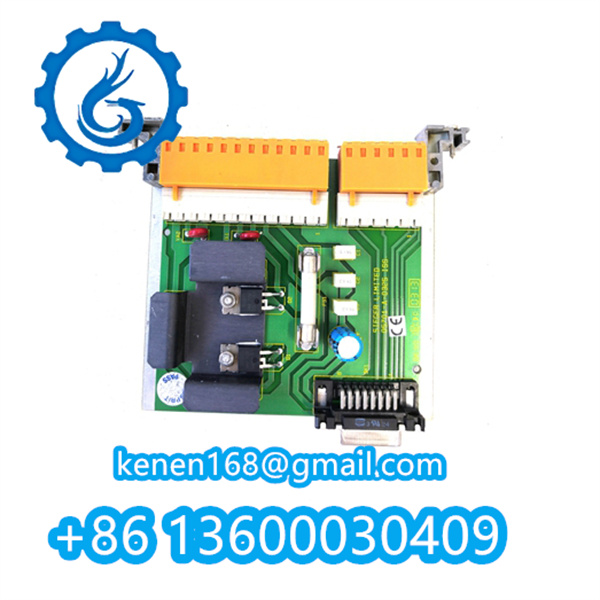
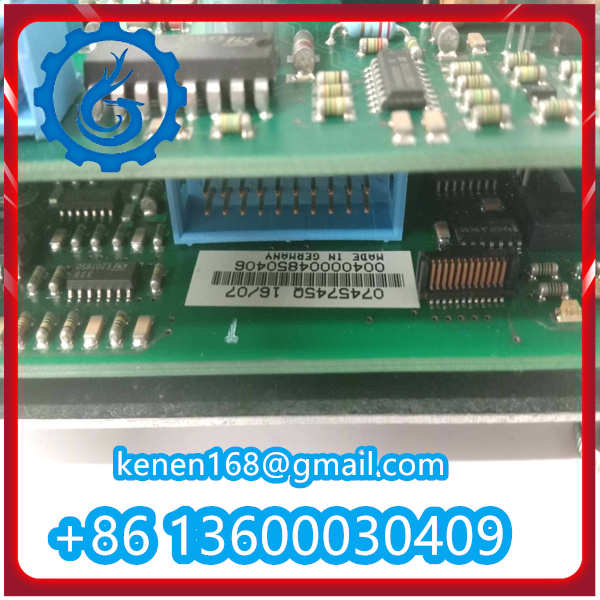
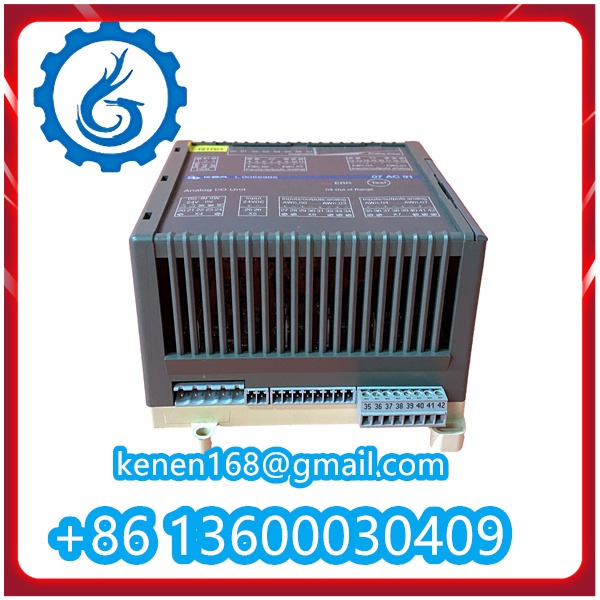
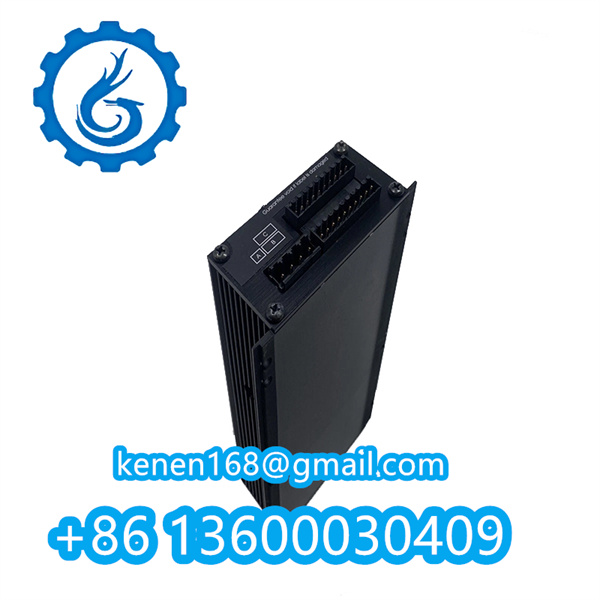
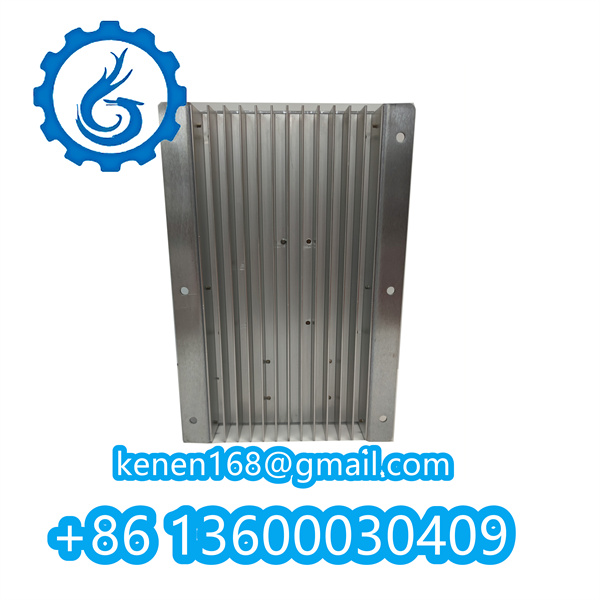
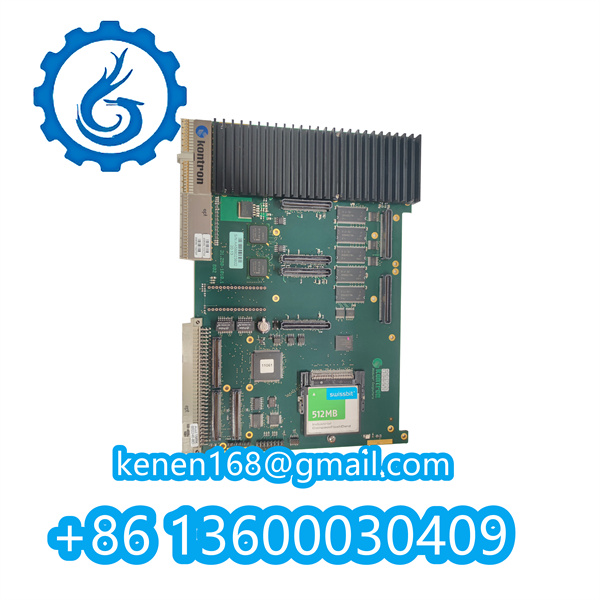
Reviews
Clear filtersThere are no reviews yet.